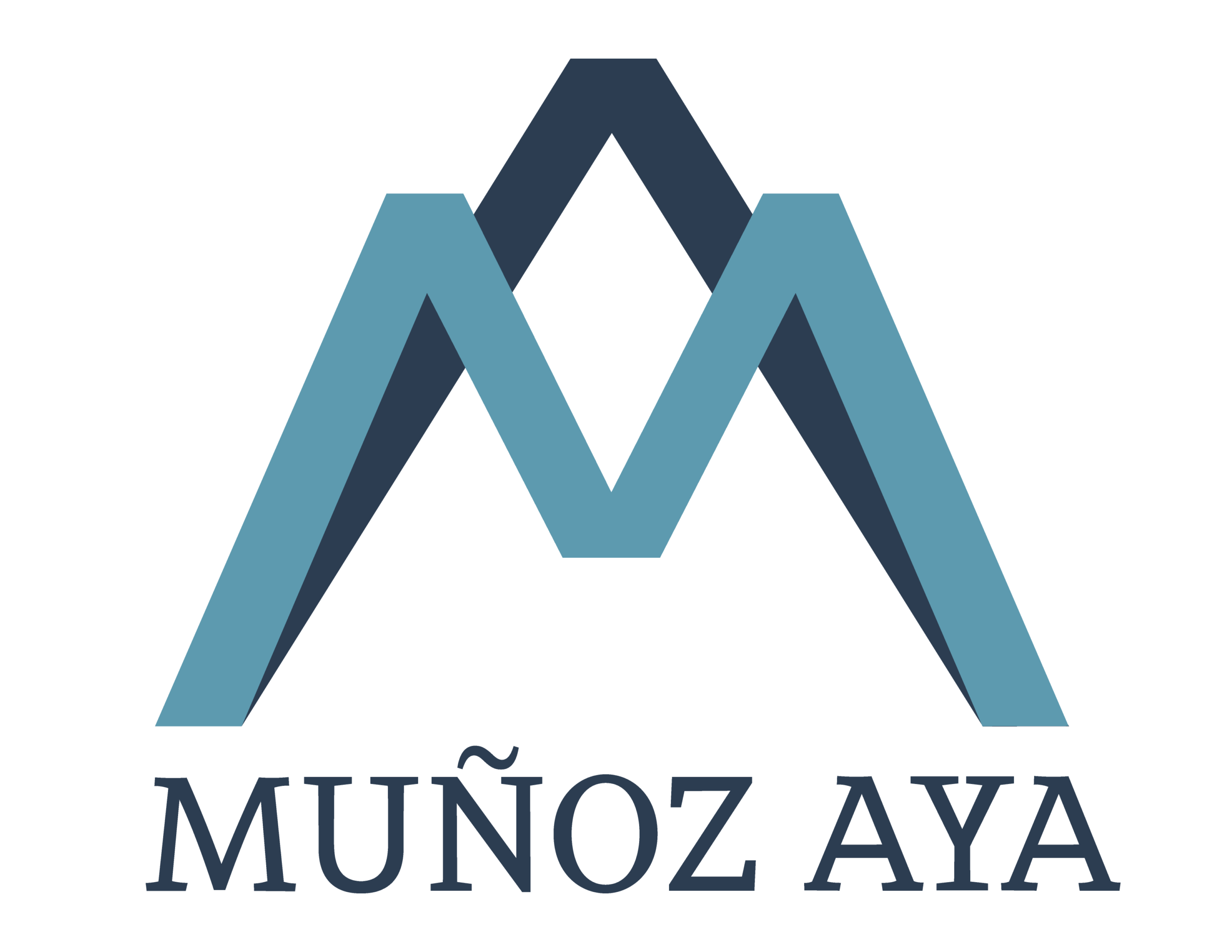Draft Normative Agenda and Work Plan of the URF in 2023 and its contrast with the National Development Plan 2022-2026.
For the Financial Regulation Unit ("URF") and the National Planning Department ("DNP") it is essential to continue developing the Colombian financial system and capital markets by increasing the financial inclusion of the population at all levels. In particular, the URF and the DNP have a special interest in facilitating access to financial services for the entire population and, likewise, eliminating barriers to obtain financing for the development of regions that, until recently, have not had such access.
In this regard, the URF published last November 2022 the draft of its regulatory agenda and work plan. Its main objective is to reduce access barriers to financial products of all kinds. The agenda is currently open to comments from the public in order to incorporate the appropriate adjustments based on clarifications or suggestions.
As part of the new government's agenda, the DNP presented the basis of the National Development Plan 2022-2026. Among the many new goals and objectives for this four-year period included in the plan, some aspects related to the financial system were included, such as the incorporation of new financial instruments, new sources of financing and the strengthening of supervisory institutions.
Having said the above, the URF presented the following key points that will be part of the government agenda for 2023. Likewise, for information purposes these will be contrasted with the issues proposed by the DNP in relation to the aforementioned agenda:
1. Develop actions that promote financial inclusion to strengthen the popular economy.
In order to continue working on financial inclusion and increase the use of financial products and services, the aim is to carry out actions that support the strengthening of the popular economy. Therefore, the proposals of the URF and the DNP are aimed at developing financial instruments for sectors of the population that have little access to the financial system, thus eliminating regulatory barriers that hinder access to it. The plan also seeks to implement regulatory interventions to consolidate the regulations on digital payments.
In order to meet this objective, the DNP establishes as government policy the generation of microcredit, credit, group credit and digital credit lines and other financial inclusion instruments for popular economy organizations with low rates, payroll financing and discounts on public services. Similarly, the plan seeks to lay the groundwork for the implementation of second floor Public Banking, favoring MySMEs in both the urban and rural sectors.
For its part, the URF, in line with the DNP, highlights the importance of developing financial instruments such as low-cost productive credit, which is intended to meet the needs of the popular economy. Similarly, URF, in order to continue the development of greater financial inclusion, will carry out studies to determine the importance of Fintechs, with emphasis on inclusion processes through digital credit, in order to identify the functioning of the market of non-controlled Fintechs and the requirements for accessing their products. Finally, the URF will work on a draft decree that identifies the necessary rules to operate an immediate payment scheme to develop the payment ecosystem and thus deepen the use of financial products and services.
2. Consolidate a regulatory framework that enhances the growth of the different financing mechanisms of the economy.
For the URF it is essential to increase liquidity in the securities market. To this end, the entities seek to promote an improvement in the existing investment vehicles, through the promotion of their development and their respective regulatory update. This is because these vehicles play a key role in mobilizing resources for the financing of productive projects. The aim is to update the regulatory framework of the trust business so that it responds to the current needs of the industry and protects the financial consumer, as well as a better administration of the managed businesses. Likewise, we seek to update the regulations governing collective investment funds, and therefore intend to prepare a draft decree incorporating regulatory adjustments related mainly to operational aspects, limits, leverage and corporate governance, among others.
For its part, the DNP seeks to implement a regulatory framework to promote strategies to connect productive activities and MSMEs with diverse sources of financing. Likewise, the regulatory bases will be established to promote the growth of private equity and entrepreneurial capital funds to boost impact investment. The capital market structure will also be updated to broaden and diversify the base of market players, including improvements in the institutional design of regulatory, supervisory and self-regulatory entities.
Finally, the DNP and the URF consider that the advance of new technologies in the capital market must be taken into account, so it is expected that blockchain will be key in contributing to a liquid, deep and integrated capital market. In that sense, continuity should be given to the study of the regulatory treatment of blockchain-based developments to generate new investment products such as net financing for sustainable development, as well as the creation of efficiencies in traditional capital market processes.
3. Continue on the path of implementing the highest standards of prudential regulation.
The strengthening and evolution of the solidarity economy organizations that provide savings and credit services will be key to the fulfillment of the strategic objectives of the URF and the DNP. Therefore, it is intended, within the actions planned by these entities, to strengthen the supervision structure. As mentioned above, the DNP aims to improve the institutional design of regulatory and supervisory entities. For its part, URF expects to strengthen the supervisory structure assigned to the financial delegation of the Superintendence of the Solidarity Economy (SES) by means of a regulatory decree, assigning the supervision of all the organizations of the savings and credit solidarity subsector.
4. To advise on the development of legislative reforms related to the modernization of the financial system.
The URF will continue to provide advice and technical support to the National Government to work on the legislative proposals that are necessary to support the legislative initiatives, which will be promoted on the occasion of the new projects described in this document to guarantee the financing and financial inclusion opportunities that the Government intends to carry out.


